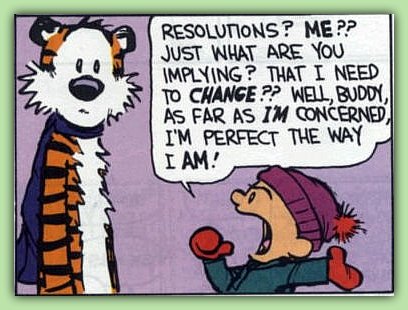“I think Gatsby is insane.”
I always find it interesting getting people’s reactions to what is considered to be classic literature. Such was the case with a book club I attended a few days ago sponsored by the public library. The book in question was F. Scott Fitzgerald’s most notable novel, The Great Gatsby, and aside from what I imagine were some flashbacks from high school English class (or in one case, their mother’s stories about the roaring 20s and prohibition), there was the usual discussion that has come up about this particular book: Is Nick Carraway a reliable narrator? Is this reflective of the time in which Fitzgerald was writing? What is the significance of the “valley of ashes” and “the eyes of Dr. T.J. Eckleberg?” Is this even a book worth reading? However, when it came to the discussion of Jay Gatsby, the titular character of the novel, it opened with the above quote by a seventy-something year-old woman.
“I think Gatsby is insane.”
Of course, the group was curious over how she came to this conclusion, and she was very happy to explain:
“Everything Gatsby did was because he loved Daisy Buchanan, but he diluted himself into thinking she loved him in return. He gets all this wealth, throws all these elaborate and wild parties because he thinks that will impress her. He buys a huge mansion that is directly on the opposite end and across the bay. He asks Jordan about her, wanting to know more about Daisy’s marriage to Tom. He gets Nick to arrange a meeting between himself and her at Nick’s house. All this would easily make him out to be a stalker today. He manages to have an affair with her and thinks this is rekindling some lost romance they had. And even after he gets confronted about this and that it’s clear that Daisy is not going to leave Tom--even after she commits murder--he hides outside her house to keep watch over her to make sure she’s okay.
“I think he did everything out of love, but because he’s so wrapped up in the memory of the short summer they had together that he never considered the possibility that she may have moved on, or that her feelings for him had changed. That‘s what makes him, in my mind, insane.”
Hearing this, my first thought was that it was an unique interpretation of the character to say the least. Gatsby, for those who don’t know, is usually regarded by some scholars and critics as a quintessential romantic, a character to embodies what we consider to be the “American Dream.” Certainly, he’s not considered to be an overly-obsessive, would-be stalker who has trouble dealing with reality.
Then I thought how many men tried to do what Gatsby did to win the heart of those they loved? Not to the extent and length he did with Daisy, of course, but with similar approaches? Such as attempting to make themselves into something they are not or acting in way they think may impress a woman. Or persuading themselves that they can get her to feel the same way about him as he does about her. And believing that if they are together, then their lives will be just like in a dream or fairy tale, living happily ever after. What if what we men think is romantic and sweet is not only coming across as being needy and insecure, but is actually telling women “This is guy is crazy and really creeping me out?”
We often hear, when it comes to romance, that the one we love is “the object of our affections” or a “prize to be won.” Certainly, in The Great Gatsby itself, Fitzgerald deliberately makes Daisy Buchanan is synonymous with money and wealth. Perhaps, instead of thinking of those we love as prizes we deserve to win--especially if they are not worth winning in the first place--we should love people for whom they really are and be willing to want the best for them, even if it‘s not with ourselves.




